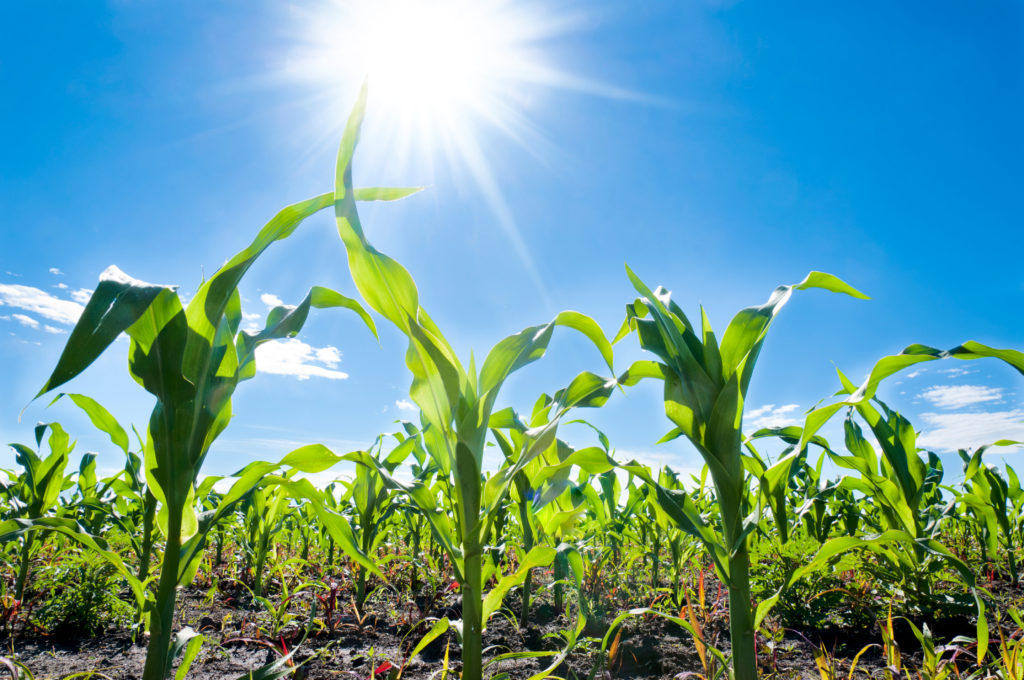The environmental impact of air travel is staggering. According to the David Suzuki Foundation, recreational air travel could be responsible for nearly ten percent of the climate change caused by human activity, and air travel has the greatest per-traveler environmental impact of any form of transportation, at every distance. With the number of people traveling by plane rising every year, it’s clear that the airline industry needs to explore alternate ways of fueling their flights. One airline that is taking the lead in this area is Alaska Airlines.
In November 2016, Alaska Airlines flew the world’s very first commercial flight powered in part by forest residuals biofuels. The flight traveled from the Seattle-Tacoma International Airport to Reagan National Airport in Washington, D.C., and twenty percent of its fuel was a brand-new, sustainable biofuel. This new biofuel was manufactured by Gevo, Inc., a Colorado-based biofuel company that has worked with both military and commercial airlines. It manufactured its biofuel blend for Alaska Airlines from sustainable Pacific Northwest forest residuals, or the parts of trees that are left after environmentally-friendly logging occurs. The forest residuals were shared by Indigenous communities who have a long history of using every plant and animal to its fullest.

Sustainable biofuels are the most useful tool that airlines have in their arsenal to reduce the environmental impact of mass consumer airline travel. Alaska Airlines notes that the flight that was powered by their twenty percent biofuel blend emitted almost seventy percent less carbon dioxide than it would have if it had been powered entirely by standard jet fuel. Gevo Inc. believes that if the aviation industry commits to powering flights with biofuels, they could reach their goal of cutting carbon dioxide emissions in half by 2050. If Alaska Airlines could replace only one fifth of the fuel it uses at the Seattle-Tacoma International Airport with similar biofuels, it would have the same positive impact as taking 30,000 cars off the road for a year. Unfortunately, biofuels are currently much more expensive than traditional jet fuels, so the industry will rely need further innovation and regulation to make biofuel standard on all commercial flights.
If you would like to see airlines using more biofuels, start by writing letters to your favorite airlines and to your local lawmakers. In the meantime, you can reduce the ecological footprint of your air travel in a few different ways. First, choose direct flights instead of flights with stopovers, as planes use most of their fuel during take-off and landing. Then, book seats in economy class or on budget airlines, as this allows more passengers to fit on a single flight. Finally, pack as light as possible, because less onboard weight means less fuel can be used. To really make a difference, though, consider traveling by bus or train, because they both have a much smaller carbon footprint than air travel.